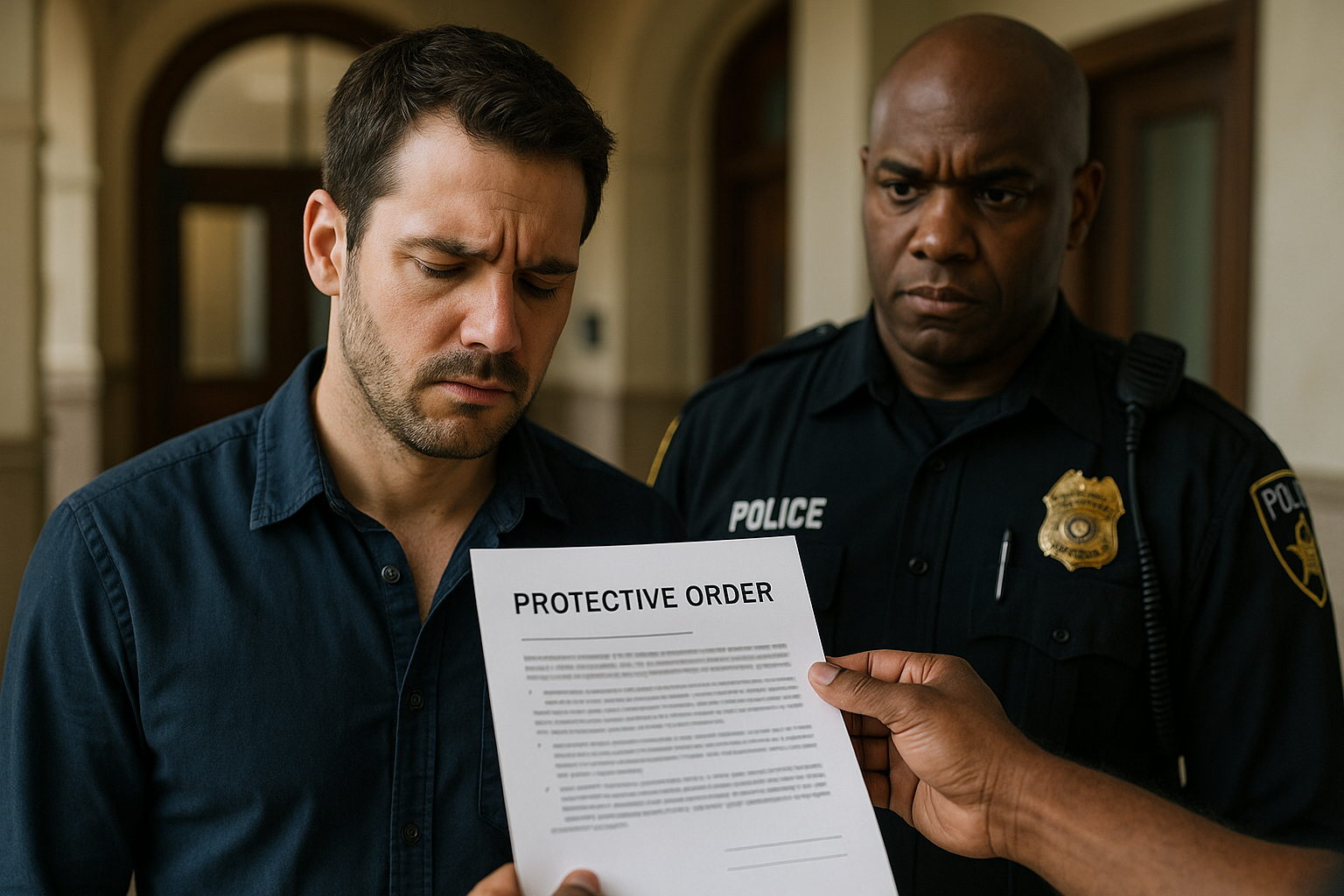What Will Transpire if the Alleged Victim Doesn’t Want to Press Charges?
San Antonio Non-Prosecution Attorney
Interviewer: So if someone is feeling remorseful about calling the police and they just wanted the person out of the house temporarily, will a protective order still be issued?
The Alleged Victim Can Sign an Affidavit of Non-Prosecution
Attorney Churak: They usually don’t have a protective order issued. Most of the time, these cases don’t go to trial because the complaining witness doesn’t want to come in and testify, and he or she signs what’s called an affidavit of non-prosecution.
In Some Cases, the District Attorney May Still Want to Prosecute and Will Subpoena the Alleged Victim to Testify
This affidavit attest to, “I don’t want to prosecute this person in this case.” The DA doesn’t have to agree to this affidavit; they can still prosecute and I’ve seen DAs actually issue subpoenas to go pick up the complaining witness to testify in a case.
But nine out of ten times, as I say, on the misdemeanor section, if there is an affidavit of non-prosecution, then for the most part, the DA eventually is going to drop the case.
The State Is Allowed to Ask for 2 Continuances to Prepare Their Case, After the Second, They Are Urged to Drop the Case
It doesn’t happen overnight. Usually it’s at the trial level and you’re waiting to be called for trial. All the continuances have been used up and the state has two “not ready’s” they can use. After the second “not ready,” if they don’t have their witness, they get pushed forward to dismiss it.
Attorney Churak Finds That Approximately Half of Domestic Violence Cases are Dismissed because the Complaining Witness Does Not Want to Press Charges
Interviewer: What have you found? Do most people want to recant and say let’s just let it go or do a lot of them want to move forward?
Attorney Churak: It depends on the situation. I would say it is 50-50 as to whether or not people just want to drop it or actually want to go forward with the case. Unfortunately, if it’s more than one incident of family violence, it becomes more difficult and difficult for it to go away.
Multiple Domestic Violence Charges: Texas Upgrades the Charge to a Felony for a Second Offense
For instance, in Texas, if you have a prior family violence case, whether you are convicted or have deferred, they can actually enhance that to a state jail felony, so they can actually make a felony out of a second family violence case.
Multiple Domestic Violence Offenses Are More Difficult to Defend in Texas
If there’s allegations of choking, in other words you basically put your hands around the person’s neck, it becomes a third degree felony, and then you’re looking at 2 to 10 years and then the stakes get up a lot higher. Much depends on the specifics of the case. If it stays as a misdemeanor, usually if there’s an affidavit of non-prosecution, we can make it go away. If it gets to the felony level, it’s a lot more work to mitigate.
‹ Back














